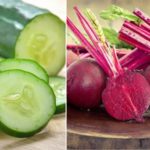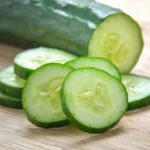Cucumbers
It’s common to wash cucumbers and store them in the refrigerator after purchasing them. However, according to research conducted by the University of Agricultural and Environmental Sciences in California, cucumbers are sensitive to low temperatures and prone to rotting.
Therefore, it’s best not to wash cucumbers before storage. Keep them unwashed, with their skins intact, and store them at room temperature, separate from other vegetables.
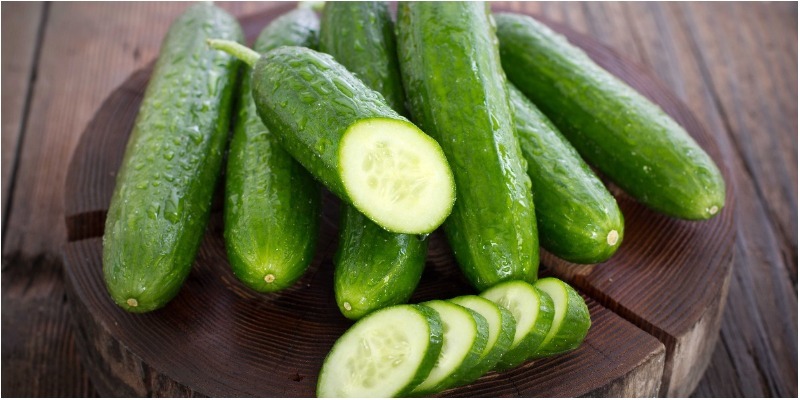
Herbs
Instead of discarding leftover herbs after a meal, you can chop them finely, place them in an ice cube tray, add a little water, and freeze them. The next time you cook, simply pop out a few herb cubes and add them directly to your dish.
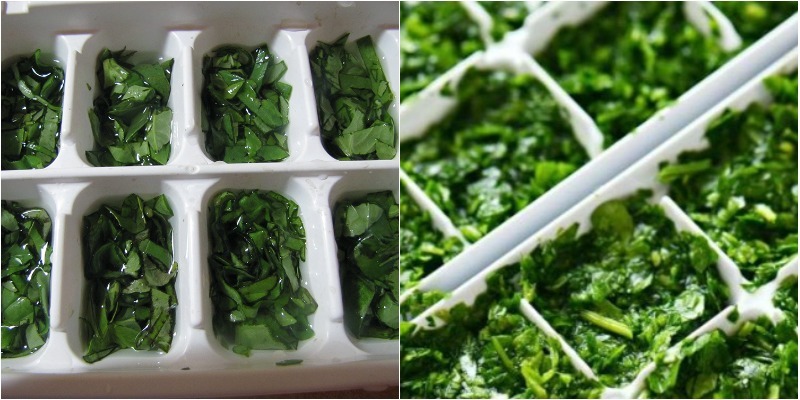
Unripe Fruit
When you buy unripe fruit, it’s best to keep it at room temperature until it ripens. If you place it in the cold temperature of the refrigerator, it won’t ripen properly. This is especially true for bananas, which tend to turn black and unappetizing when refrigerated. The best way to store bananas is to hang them in a cool, dry place, away from direct sunlight.
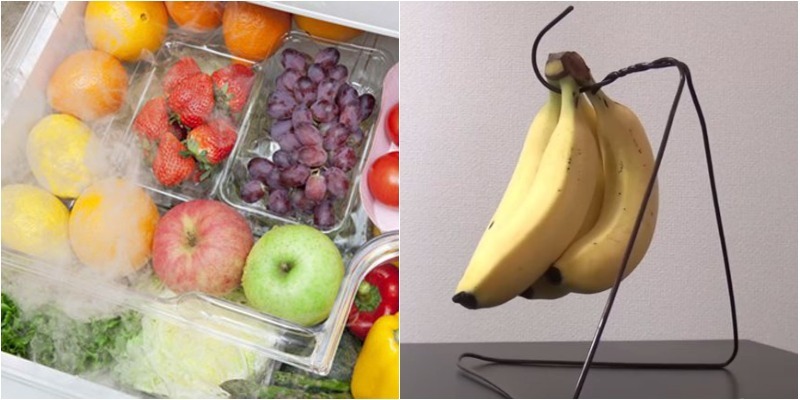
Vegetables and Fruits
While your refrigerator’s crisper drawer may have multiple compartments, it’s important to pay attention to where you place your produce. Some fruits produce ethylene gas, which can cause your vegetables to spoil quickly. Keep your fruits and vegetables separate to prolong their freshness.
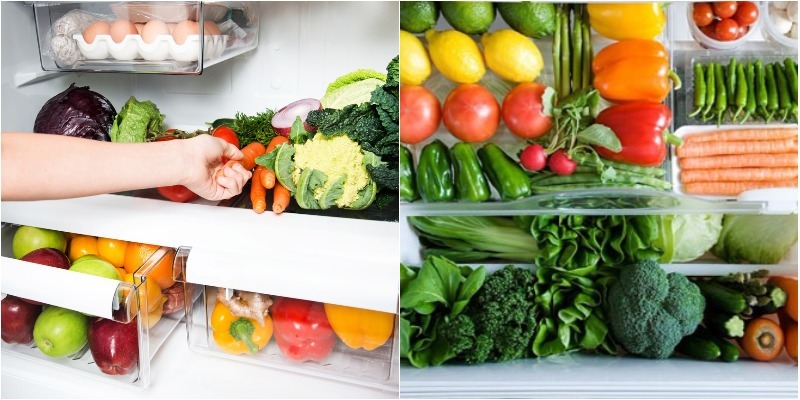
Lemons
Storing lemons directly in the refrigerator can lead to them drying out, wilting, or rotting over time. To keep lemons fresh for longer, place them in a sealed bag before putting them in the refrigerator. Alternatively, you can bury them in sand and store them at room temperature.
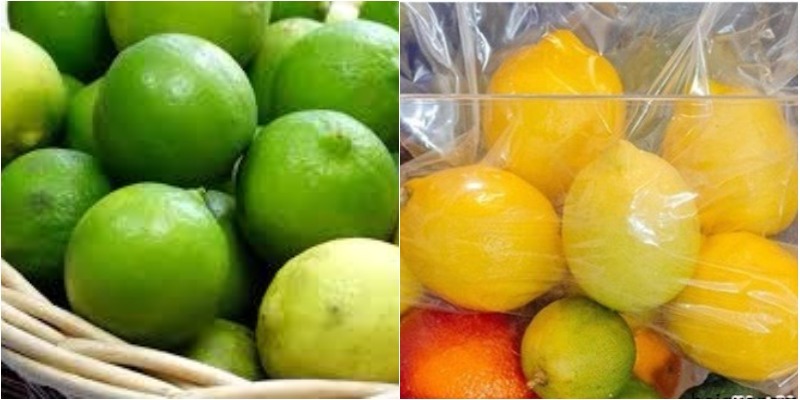
Potatoes, Onions, Tomatoes, and Apples
Storing potatoes, onions, and tomatoes together can cause them to spoil more quickly, regardless of where you keep them. It’s best to store them separately in a cool, dry, and dark place, away from direct sunlight and the refrigerator.
Interestingly, apples help prevent potatoes from sprouting. Storing apples and potatoes together can keep both fresh for longer.
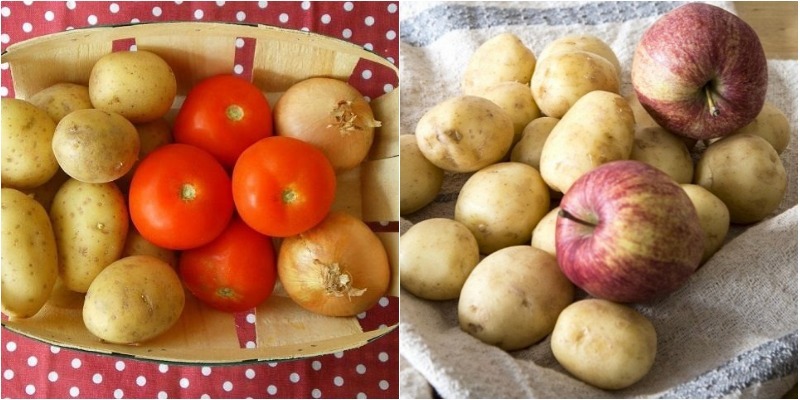
Hard Vegetables
For hard vegetables like carrots, beets, turnips, and kohlrabi, it’s important to remove the greens and keep them away from water before using and storing them in the refrigerator. This will help maintain their sweetness and crispness for longer.
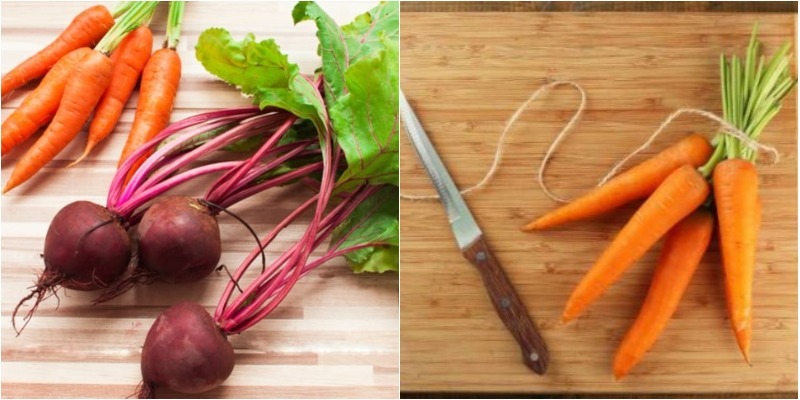
Asparagus
Like flowers, asparagus will quickly lose moisture and wilt if stored in the refrigerator. Instead, place the asparagus stems in a jar of water to keep them fresh and crisp for longer.
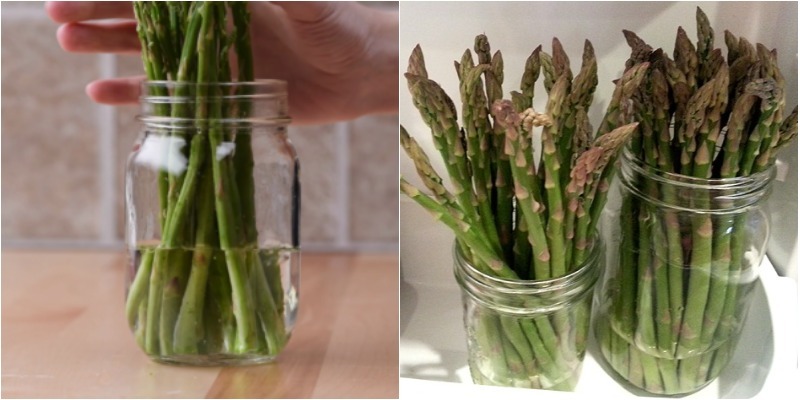
Sweet Potatoes
Unlike other root vegetables, sweet potatoes tend to dry out and become fibrous when stored in the refrigerator. For best results, place them in a bowl lined with a damp paper towel and keep them in a cool, well-ventilated area. They will remain crisp and delicious, even if their skin darkens.
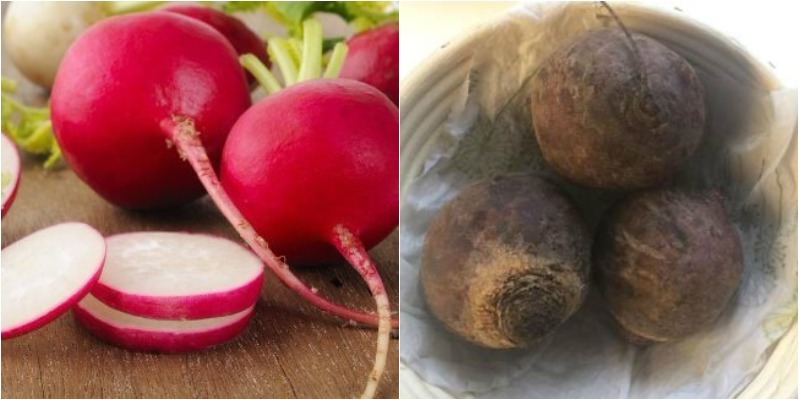
For more information, visit: giadinh.vnexpress.net
Fruits and vegetables will spoil quickly if not stored properly in the refrigerator. Pay attention to the placement and storage methods to keep your produce fresh for longer.
























